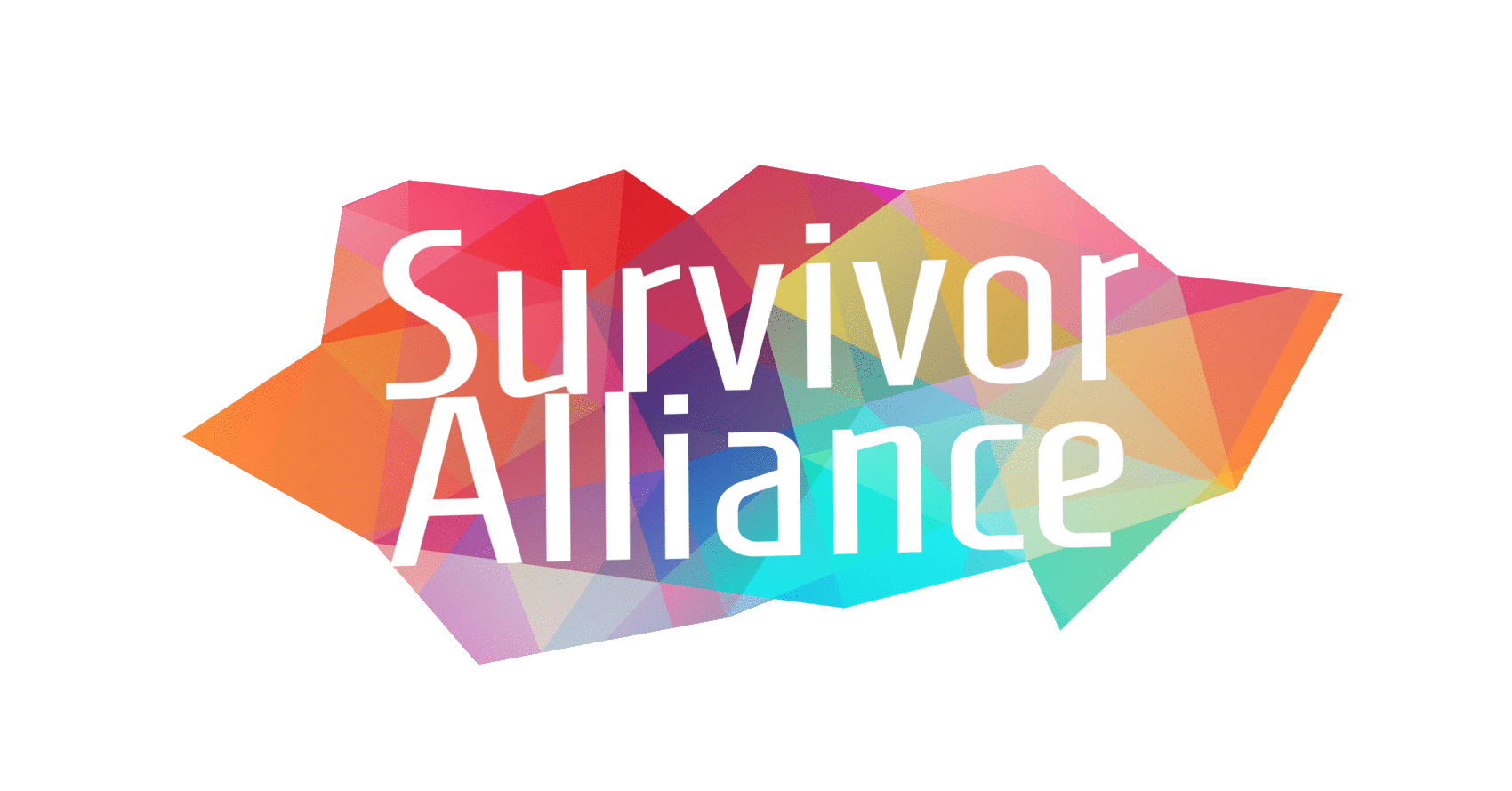SURVIVOR ENGAGEMENT RESOURCES
Media and Communications
Survivor Alliance rarely responds to requests for:
“a survivor who can speak about….”
“a survivor who can tell the public what happened to them”, “provide a face to the issue”, etc.
We will happily share stories about:
Our programs
Survivors in leadership roles
How the anti-slavery movement is (or is not) engaging people with lived experience
Before you reach out to any organisation that provides direct services to survivors looking for an interview, please read the following resources.
Ethical Storytelling: Resources
These downloadable webinars and recordings are run by a variety of non-profit practitioners and survivors, collectively discussing the foundations and 'how-to's' of ethical storytelling.
Putting the Human into Human Trafficking Reporting: Tips for Interviewing Survivors
Minh Dang, The Irina Project
Minh Dang shares step-by-step guidelines for media reporters who hope to interview survivors of modern slavery and human trafficking. Her tips follow the chronology of an article being published - right from first contact with the survivor interviewee, up to best practice regarding follow-up & feedback.
Sharing the Message of Human Trafficking: A Public Awareness and Media Guide
K Countryman-Roswurm & B Patton, WSU Center for Combating Human Trafficking
This guide speaks directly to survivors who are considering sharing their trauma story, alongside not-for-profits and media outlets who are planning on asking a survivor to share. It focuses on the principles of 'respect', 'trust', 'boundaries and discretion', 'education', and 'recognising the expertise' of survivors, as well as asking questions to help you consider the intentions behind and consequences of trauma-sharing.
